Is 3D Printing The Future Of Recycling?
Waste plastic is a real problem. It’s not biodegradable, it can leach out toxic chemicals as it slowly bleaches and deteriorates in landfills, and nowhere near enough of it gets recycled. Plastic is filling up landfills, contaminating the ground water and getting in the oceans – seawater is now riddled with tiny particles from disintegrating plastic objects.
OK, enough green sermonising – where does 3D printing come in? Are we the new bad guys, endlessly churning out plastic things in our workshops, offices and spare bedrooms? Will 3D printers be banned to stop bits of filament going up turtles’ noses?
Actually no. 3D printing could put a serious dent in the plastic problem – and trial schemes are already underway in two European cities.
In those cities – Amsterdam in the Netherlands and Thessaloniki in Greece – you’ll currently find projects combining recycling and 3D printing on an industrial scale. You’ll also find an increasing amount of 3D-printed plastic street and beach furniture, whish has been produced by those projects. And it’s all done with recycled plastic.
The goal of the projects is to create what they call a “circular stream”. In a circular stream, residents bring recyclable single-use plastics to the Print Your City centre; there they’re sorted, shredded, coloured and extruded into filament. Large industrial Fused Deposition Modelling printers then print a variety of objects, many of which are designed by interested citizens.
Benches In Holland, Beaches In Greece
In Amsterdam the Print Your City project is partnered with Aectual, a company that specialises in 3D printing architectural and interior items from plant-based and recycled plastics. It also collaborates with the Delft University of Technology and waste processing company AEB Amsterdam, which has access to a large supply of plastic waste. The project is creating a range of street furniture, particularly a distinctive new design of bench that’s appearing on the city’s streets.
In Thessaloniki the Zero Waste Lab project has a very different partner – the Coca-Cola Corporation. Coca-Cola Greece is running a Zero Waste Future programme, but an awful lot of current waste is Coke bottles. Partnering with the project helps Coke improve its reputation and, indirectly, helps the project with raw materials. The Zero Waste Lab allows people to bring in their own plastic waste, design custom street and beach furniture and be actively involved in the recycling and printing process. Items produced by the Lab include beach paths and changing huts, benches and planters.
Although the two projects work independently they were both set up by The New Raw, a Rotterdam-based research and design studio that’s dedicated to using 3D printing to reduce waste and production costs. Founded four years ago by two architects, The New Raw has already won several awards for architectural design as well as recycling – and it’s 3D printing that makes it all possible.
We use plastics because they’re versatile and affordable materials, but the downside is the difficulty of getting rid of them once they’ve been used. 3D printing offers a solution that not only gets rid of waste plastic, but turns it into new, useful items. That means less need for raw materials, less disposal costs and less environmental damage – plus cities like Thessaloniki and Amsterdam get cheap, practical new street furniture.

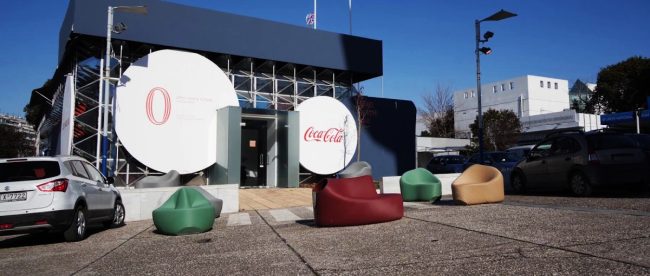
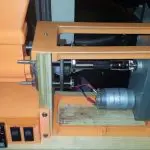
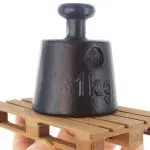
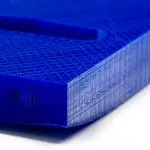
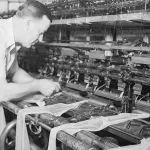
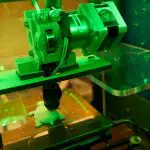
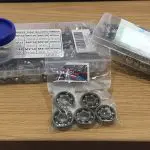
Leave a comment
You must be logged in to post a comment.